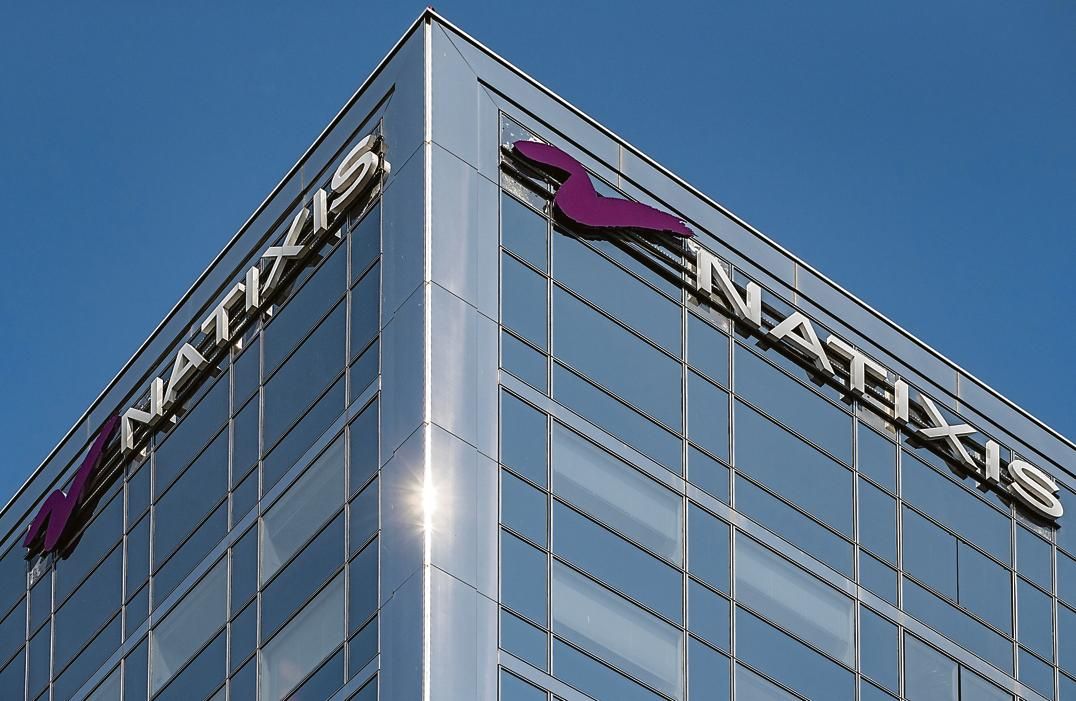
Trapped in the H2O funds, investors are seeking redress
A year and a half after the beginnings of the “H2O affair”, investors are going on the attack. Tens of thousands of individual clients have been affected by the problems of the asset management company H2O, a subsidiary of Natixis, BPCE’s listed bank.
In early December, a handful of wealth management associates (WPAs) and investors decided to create a defence association, called “Collectif Porteurs H2O”, according to “Les Echos”. Its purpose: to obtain explanations from the London-based management company, whose products have been sold by asset managers, banks and insurers, particularly in life insurance policies. And, above all, to obtain compensation for the losses sustained.
Advised by the law firm Cornet Vincent Ségurel, the association represents investors whose money has been locked in since early autumn in special vehicles, the so-called “side-pockets” created by H2O to hive off €1.6 billion in illiquid assets. “In light of H2O’s failure to compensate all or part of the losses sustained by holders of side-pocket funds, […] those wishing to obtain compensation […] are forced to take legal action against H2O”, the association’s articles of association state. Other investors may come forward. Lawyer Hélène Feron-Poloni, a partner in the Lecoq Vallon & Feron-Poloni law firm specialising in cases involving investors’ interests, told Les Echos, “I am considering taking civil action against Natixis and H2O for their unclear and inaccurate communication on H2O funds, in breach of their duty to inform”. She says she has been contacted by about ten individual H2O clients. Natixis and H2O refused to comment. Despite the shockwaves generated amongst professionals, “investors are a bit apathetic”, admitted one member of the association. He did not discount a rapid change in the situation. “Management companies’ annual reports and life insurance contract statements are sent out between February and March, so maybe that’s when people will react,” he adds. In the investors’ defence, the H2O affair has undergone many twists and turns and the consequences are still unclear. A long-time Natixis “nugget”, H2O has been in turmoil since the revelation, in the summer of 2019, of its investments in the companies of disreputable German businessman Lars Windhorst. The case took a new twist at the end of the summer when H2O, under pressure from the French Financial Markets Authority (AMF), suspended the listing and consequently the access to investment vehicles, amounting to €10 billion in assets. The reason? Uncertainty about the valuation of the securities in the portfolio, mainly bonds in the Windhorst sphere. H2O then had to sort the wheat from the chaff by hiving off 1.6 billion in illiquid assets in “side-pockets”; these were mainly debt securities that were hard to sell on the market, in part due to doubts about their quality. However, the management company claims that it will manage to sell these assets by mid-2021. But there are some developments that are of concern to investors. In early October, a Belgian broker, Merit, denied any relationship with H2O although it was listed as one of its counterparties. And last month, Latitude Finance, a holding company linked to Lars Windhorst, postponed the redemption of €500 million in bonds allegedly held primarily by H2O, by three months, for the second time. As for the portion of the funds considered as sound, it was reopened to subscriptions and sales on 13 October, which has since led to an outflow of €2.1 billion, according to Morningstar. In early November, Natixis finally let go of its subsidiary, announcing the gradual sale of its 50.01% in share capital.
In support of its claim for redress, which will be filed in January, the association makes several points. It is accusing H2O of insufficient information about the funds’ exposure to private debt and of potential irregularities in complex financing transactions (repo transactions, etc.). “The association’s goal at this stage is to try to have a constructive dialogue with H2O and for it to be open to being transparent”, explained Dominique Stucki, lawyer in partnership at Cornet Vincent Ségurel. “We intend to mediate with H2O, either via the AMF or directly”, he said, while expressing his conviction that “the unitholders would not hesitate to go to court if necessary”. Lecoq-Vallon & Feron-Poloni is also considering seeking an amicable settlement before taking action against Natixis and H2O “on the basis of their joint liability for client losses and the non-availability of the assets”.
Les Echos, Wednesday, 23 December 2020
Amélie Laurin
@AmelieLaurin
Solenn Poullennec
@SolennMorgan